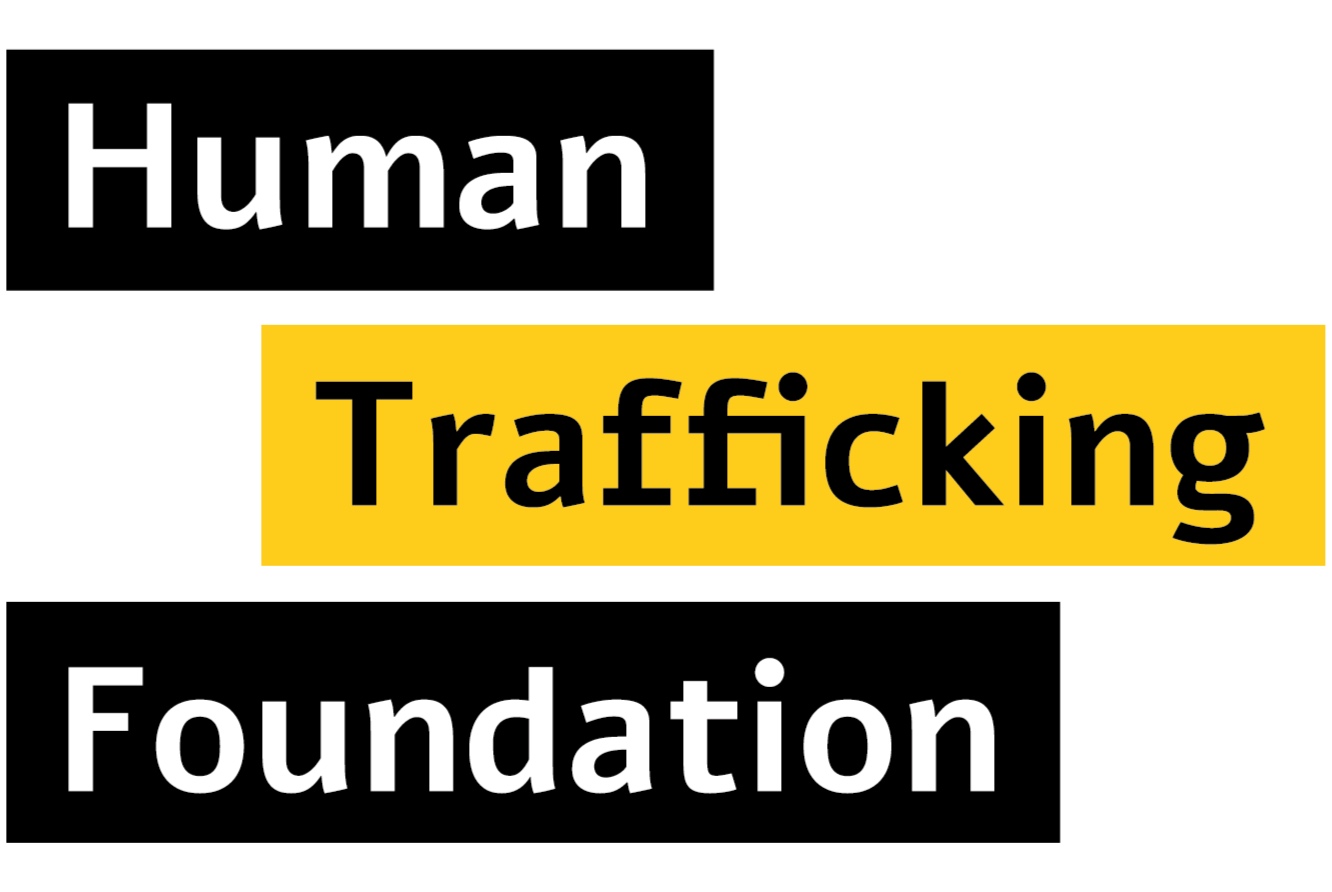Trafficking for labour exploitation: a roadmap to prevention
Trafficking for labour exploitation is at once a serious crime, a human rights breach and a violation of labour law. It happens all over the world, in every industry, yet still is poorly understood and often goes unnoticed and unreported. FLEX’s new report Risky Business: Tackling Exploitation in the UK Labour Market exposes the root causes of labour exploitation in the UK, and sets out a roadmap to prevent it by tackling head on the attitudes, practices and gaps in protection that allow exploitation to thrive.
As the only UK organisation dedicated to tackling trafficking for labour exploitation, FLEX knows that cases of severe exploitation or ‘modern slavery’ do not begin with shackles and chains, but with abuses of labour rights that combine or grow to create a situation where workers feel trapped, and unable to complain or leave their exploiters. Our report sets out an action plan to tackle labour exploitation at source, by detecting labour abuses early and preventing them from developing into severe exploitation.
The plan covers four key areas that must be addressed if we are to fight labour exploitation from all sides:
Understanding the risks
Stories gathered from people who have been trafficked for labour exploitation paint a strong picture of the common factors that lead to exploitation in the UK. Persistent labour abuses such as underpayment, not being paid at all, having no holiday or breaks. Precarious work arrangements, employment relationships that place all the power in the hands of the employer. Restrictions on migrant status or access to support that makes people highly dependent on abusive work situations to survive. To prevent these things from leading workers into severe exploitation, labour market enforcement agencies must develop a full picture of the risks and must work proactively to detect and remedy labour abuse.
Improving labour inspection
When it comes to exploitation, prevention is better than cure. To detect and stop abuse of workers, labour inspection plays a particularly crucial role. When labour standards are enforced and workers are empowered to claim their rights, unscrupulous employers cannot get away with the abusive and exploitative practices that lead to forced labour and modern slavery. Yet our research found that, despite its promises to lead the way in eradicating modern slavery, the UK has one of the most poorly resourced labour inspection systems compared to its European neighbours.
FLEX’s report shows that the UK has only 0.4 labour inspectors per 10,000 workers, falling well below the ILO target of 1 inspector for every 10,000 workers. The UK’s closest neighbour, Ireland, spends twice the amount the UK does on labour inspection, with Norway investing three times as much in protecting its workers. If the UK government is serious about ending modern slavery, it must properly fund the labour inspection and enforcement services which play a critical role in finding victims and preventing unscrupulous employers from getting away with exploiting workers.
Empowering workers to report abuse
At the moment, action to enforce workers’ rights in the UK is mostly reactive, responding to complaints from workers themselves. This only works if workers are able to report problems, but we know that the most vulnerable workers and victims of exploitation are often too afraid to come forward, or find it too difficult to navigate the various and complicated systems for making complaints.
Many abuses go unreported because workers can’t get the information or advice they need to understand their rights and how to enforce them. FLEX’s research found a complicated set of advice lines which vulnerable workers found confusing and inaccessible. Like other countries, the UK needs a single gateway for information on work and exploitation issues, where workers are able to seek advice, and report problems, easily and anonymously. This would remove many of the barriers which stop victims of exploitation from seeking help.
Taking the lead on modern slavery in supply chains
The UK’s Modern Slavery Act has been hailed as a leading example of legislation on modern slavery, yet its success is limited by its light-touch approach to business reporting on slavery in supply chains. Companies with a turnover of above £36 million are required to report on what they are doing to identify and combat exploitation in their supply chains, but there are no penalties for those who don’t report and to date over half of businesses who are supposed to report have remained silent.
Our research into what other countries are doing to hold businesses accountable for what goes on in their supply chains shows that there are a number of options the UK could take to truly lead the way on eradicating modern slavery from its supply chains. These include limiting the legal number of layers in supply chains to make it easier to monitor the treatment of workers throughout the chain; making businesses and subcontractors jointly liable for abuses; and using public procurement to lead by example, compelling businesses providing goods and services to the Government to comply with labour standards throughout their supply chains.
By taking these simple but important steps, the UK could make good on its promise to lead the world in eradicating human trafficking for labour exploitation. We have the will: now we need to take action.
Read FLEX’s full report Risky Business: Tackling Labour Exploitation in the UK Labour Market here
By Bridie France, Communications and Networks Officer at FLEX

